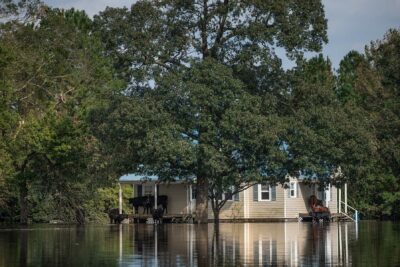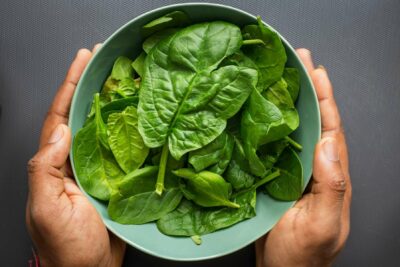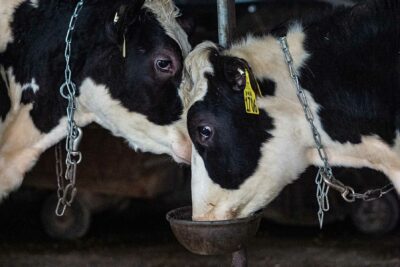What we eat has a profound impact on the climate, and this is why every credible environmental institution is urging us to pay close attention to the food we choose. And what they consistently recommend is that we opt for plant-based foods instead of meat, dairy, and eggs. This is why a plant-based diet is better for the planet, for animals, and for us…
How the Meat Industry Contributes to Climate Change
The farming and consumption of animals is a key driver of climate breakdown, according to well respected institutions such as Oxford University, Harvard, and Chatham House. The problem is so big because climate-changing emissions are released at every stage of the process—from the destruction of natural habitat to create pasture, to the emissions from animals themselves, right up to the energy-intensive process of turning living beings into pieces of meat.
The key industry areas that destroy the climate are:
- Land use change, such as when forests are felled in order to provide grazing
- The emissions created by the production and processing of feed for billions of animals
- On-farm processes, such as the methane released by ruminants and the production of vast amounts of waste
- ‘Processing’ of animals, which really means slaughtering and butchering
- Transportation of animals
- Packaging of meat in plastic containers
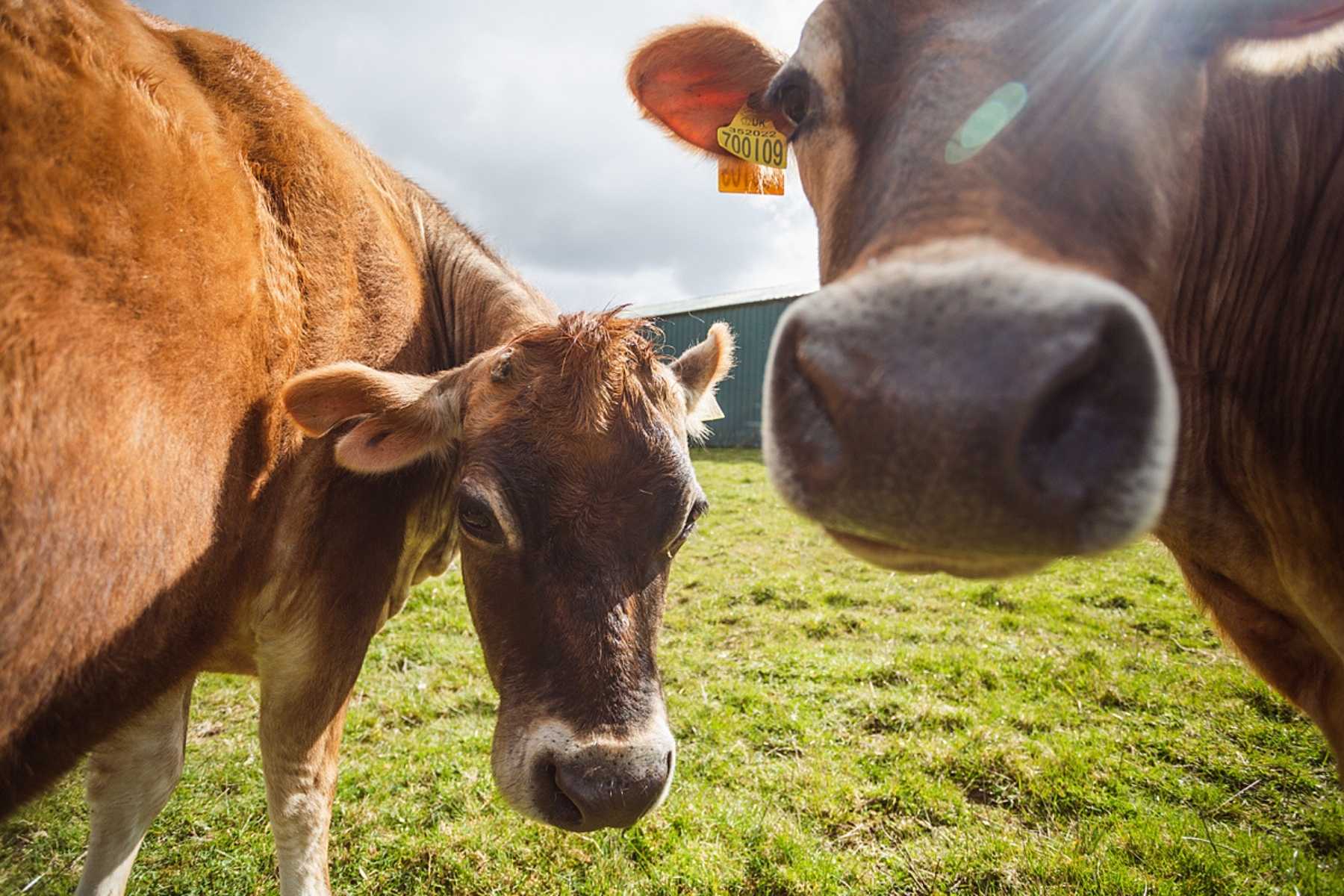
How Much Does Meat Consumption Contribute to Climate Change?
The farming and consumption of products taken from animals is responsible for at least 14.5 percent of all climate-changing emissions, which is far more than is caused by the production of plant-based foods. It is even more than the emissions from every car, bus, ship, plane, and train on the planet.
This is one reason why Oxford University researchers say that going vegan is the “single biggest way” we can help the planet.
How Do You Measure Emissions From Meat?
Joseph Poore, who led the Oxford University study, looked at the wide-ranging environmental aspects of different foods, taking into account the differing farming systems around the world. He concluded that almost every food that is taken from animals—meat, fish, milk, and eggs—is worse for the planet than almost every food made from plants. Beef, lamb, and cheese are the worst but meat from fish, pigs, and chickens is also right up there. Milk taken from cows is three times as bad as soy milk.
How Does Climate Change Caused by the Meat Industry Affect People’s Lives?
The impacts of climate breakdown are beginning to be felt. From famine in Madagascar to the deadly floods in Brazil, and from heat waves in North America and Asia to food insecurity in the Pacific Islands, people are already experiencing life-threatening consequences. Forest fires destroy homes, the rates of communicable diseases are rising in some parts of the world, and climate refugees are inevitable.
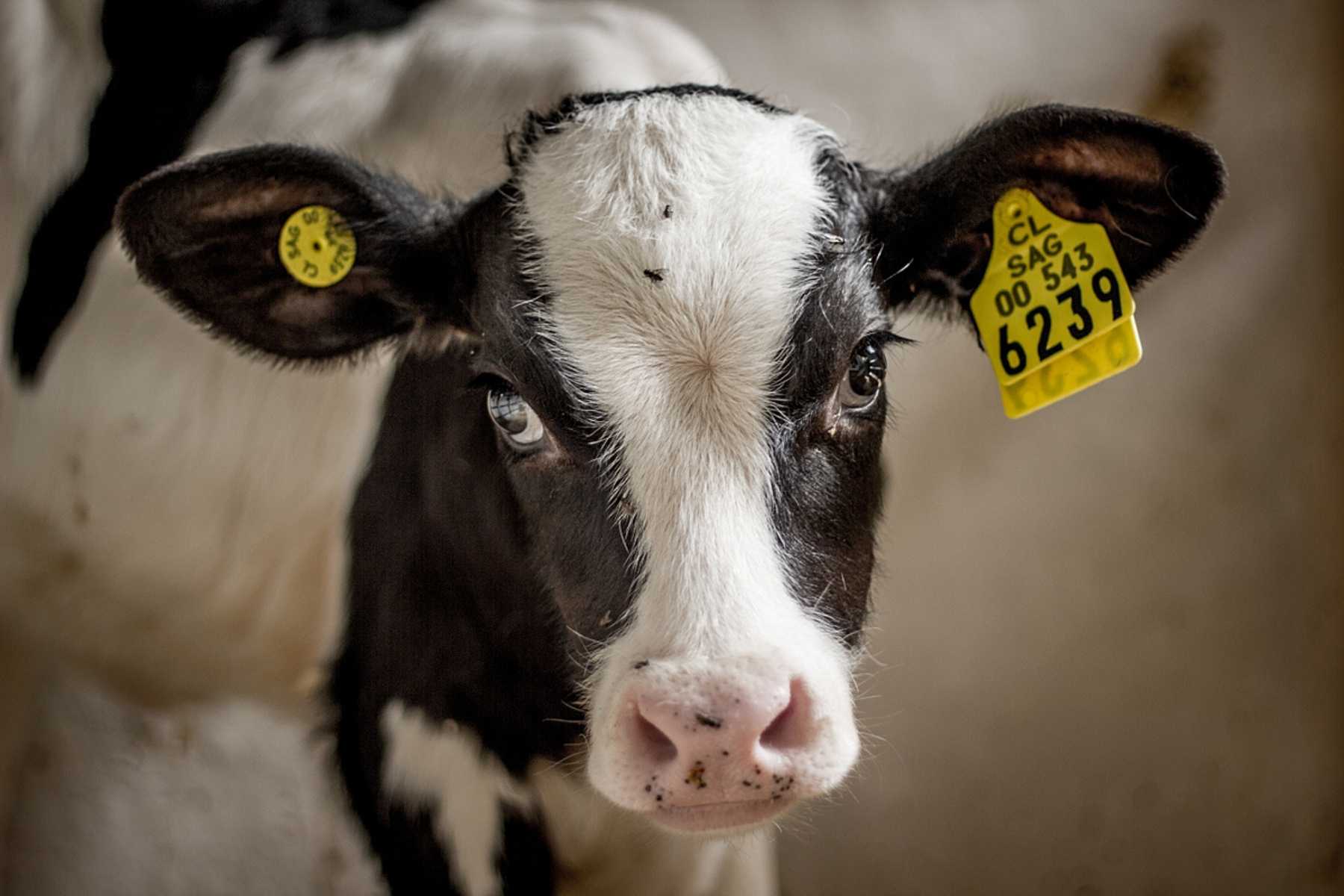
Can Switching To Vegan Help To Reduce Emissions?
Switching to a vegan diet is probably the most impactful thing we can do to reduce our emissions. The Oxford University study found that cutting meat and dairy products from our diets could reduce our individual carbon footprints from food by up to 73 percent.
How Does Eating Less Meat Help Climate Change?
It takes a lot less land and fewer resources to grow plant-based foods than to produce meat and dairy products. One of the reasons for this is that farmed animals need to eat a lot of crops but yield a lot fewer calories in their meat or milk than they consume. That means that all those crops—and the land they were grown on, and the water they needed—are all essentially wasted. Chatham House calls the whole process of meat production “staggeringly inefficient.” Instead of feeding nine billion people with plant-based foods, we are feeding 80 billion farmed animals with plant-based foods, then killing them and getting far fewer calories and protein back as a result. It’s a short-sighted, reckless, and actually pretty stupid way of feeding the world. One thing it is not: sustainable.
Meat Industry and Climate Change Frequently Asked Questions
Everything you need to know in nine short points!
Do Plant-Based Meat and Dairy Alternatives Have a Lower Climate Impact?
They do! Milk from cows is three times as bad as soy milk, and every other animal product is worse than every plant-based product except, perhaps, chocolate. Choosing plant-based meals is the way to go. Check out this important research.
Does More Sustainable Mean Healthier?
Yes and no. It is healthier for the planet, and that has important implications for our own health, but just because something is vegan does not mean it is good for us. Exhibit A: vegan ice cream. Delicious, yes! Healthy? Not so much. If we choose a whole food plant-based diet, however, we can get the best of both worlds.
Do Farming and Production Conditions Affect Meat and Dairy Emissions?
There are variations across different farming systems and in different parts of the world, but the bottom line is that meat and dairy are less sustainable than plant-based foods. In fact, Poore found that the most sustainable cows’ milk was still worse for the planet than the least sustainable soy milk.
How Much Meat Do We Need to Eat?
None at all. We can get all the nutrients we need to live long and healthy lives without consuming any meat, dairy, or eggs. In fact, by not eating these products, we reduce our risk of heart disease, type 2 diabetes, and some cancers.
Is Beef More Resource-intensive Than Other Foods?
In terms of land use, lamb and mutton are just as resource-hungry as beef, with cheese and milk coming in third and fourth. Beef is also the worst food when it comes to climate emissions, although some estimates put shrimps up there too. The reality is that all meat, including from pigs and chickens, has a disproportionately large environmental impact, and we would do well to avoid it.
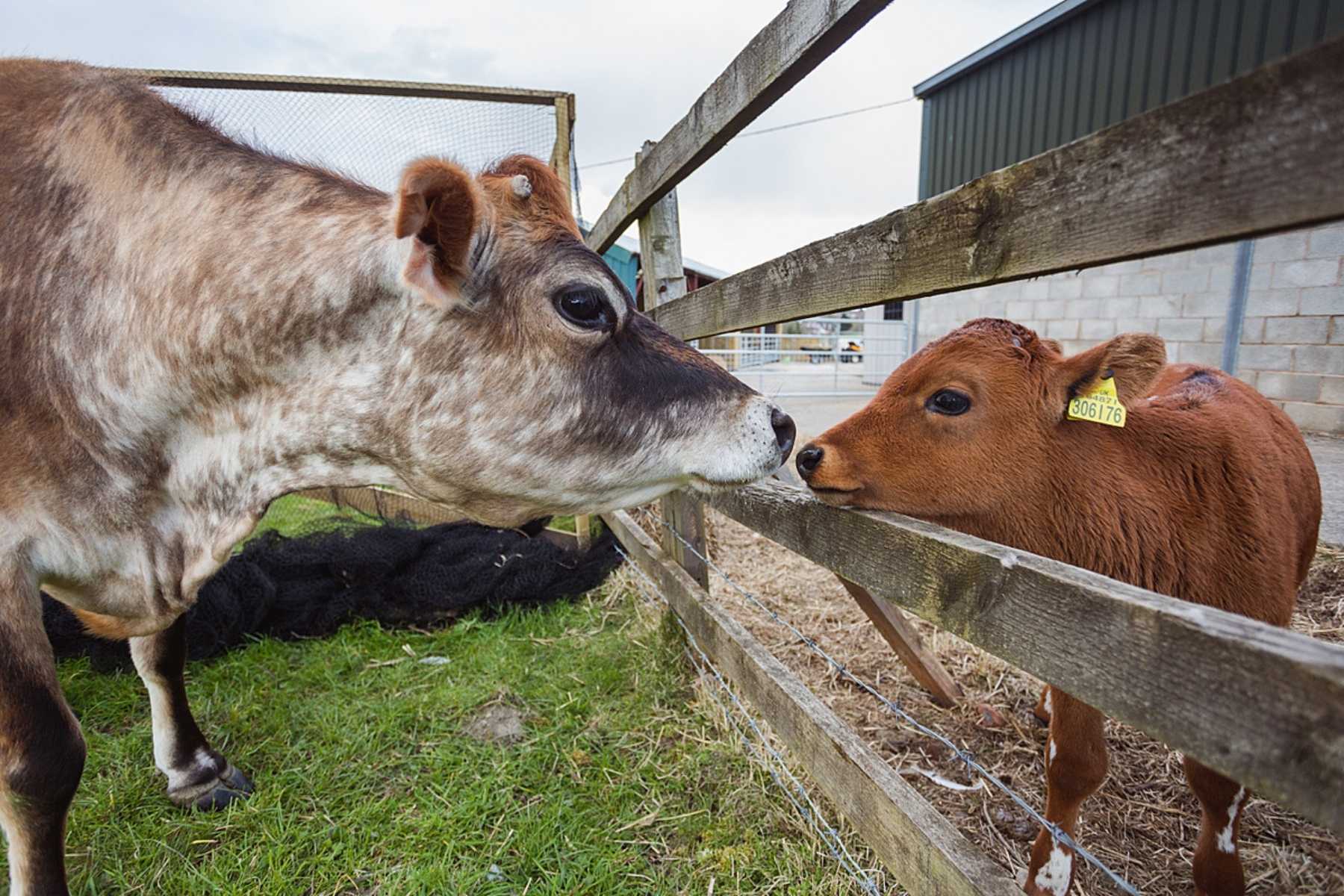
Why Are Some People Saying Beef Production Is Only a Small Contributor to Emissions?
Beef is the largest contributor of food-related GHG emissions by a long way. The only people likely to downplay this are those who have a vested interest.
Can Beef Be Produced More Sustainably?
Not really. The problems with beef occur right across the supply chain, from land clearance for grazing, to slaughter and packaging. And, as large ruminants, the amount of methane they produced is both significant and serious. Cutting methane is the fastest way to slow down climate warming, according to the United Nations, which is why they recommend a shift to a plant-based diet, starting with boycotting beef.
Do We All Need To Stop Eating Beef in Order To Curb Climate Change?
Not just beef! We need to stop eating all animals and the products taken from them.
Would Eating Less Beef Be Bad for Jobs in the Food and Agriculture Sector?
No! More workers are required to grow plant foods than are needed to work on animal farms. The switch to plant-based would be good for the farming sector, as well as for the planet and animals.
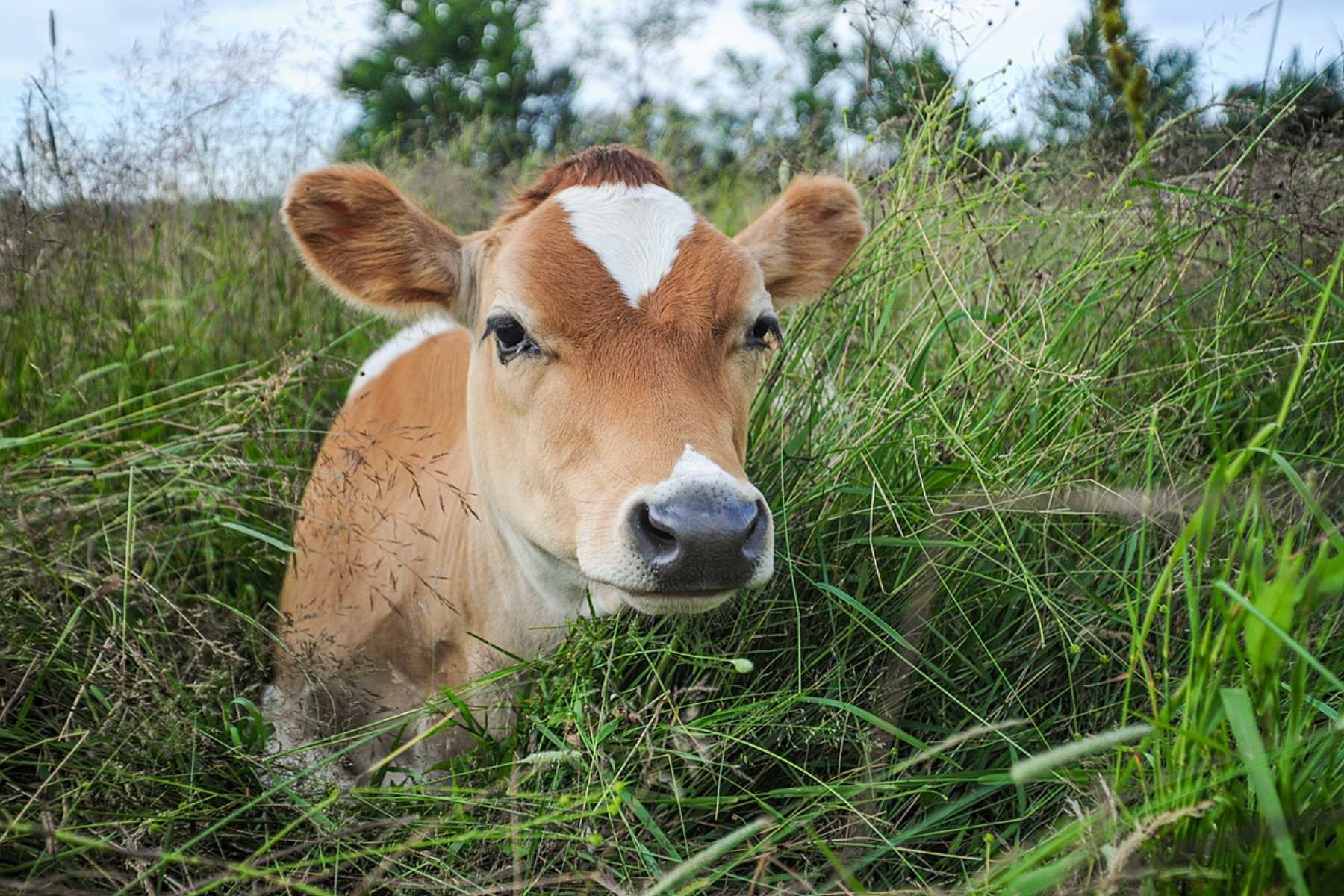
Conclusion
Most of us have experienced the very beginnings of climate change—from severe weather events to changes in the flora and fauna around us. For some people, the impacts have already been devastating. There is no doubt that we must act, and the fastest way to bring down our own emissions is to change what we eat, starting with the largest methane-emitters: beef, mutton, lamb, goat, cheese, pork, and shrimps.
If you’re looking for plant-based inspiration, try these fantastic recipe sites to get you started…
